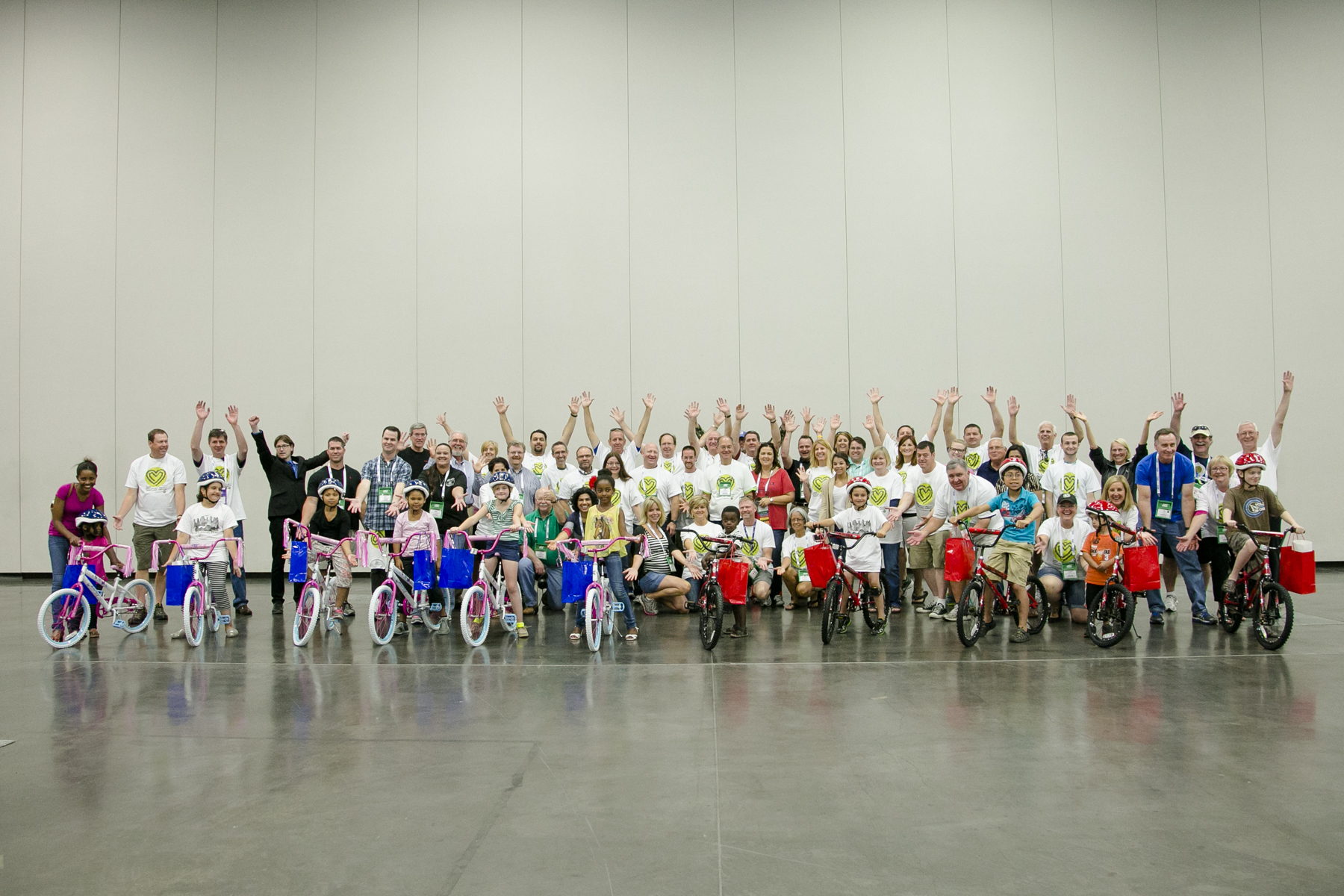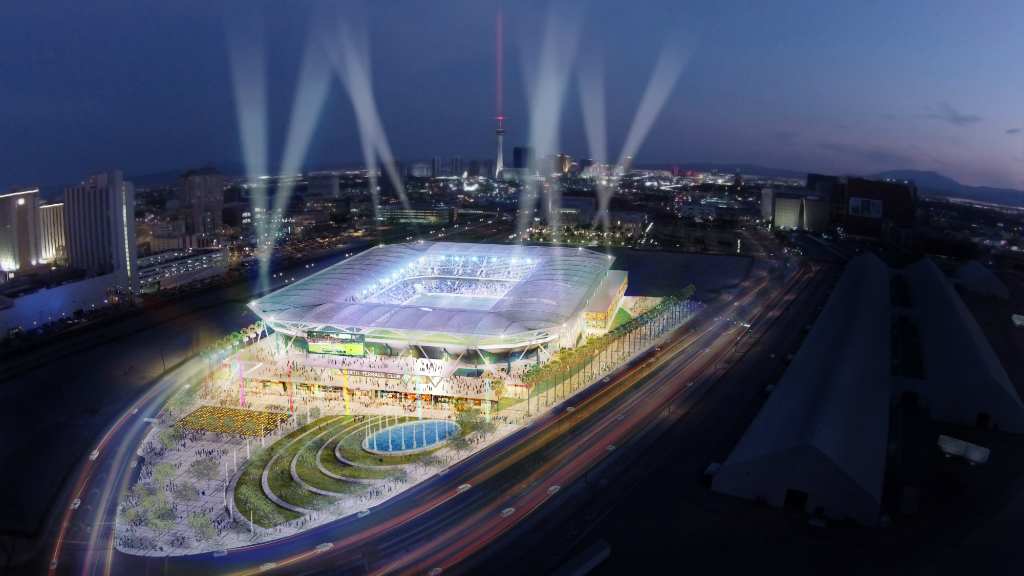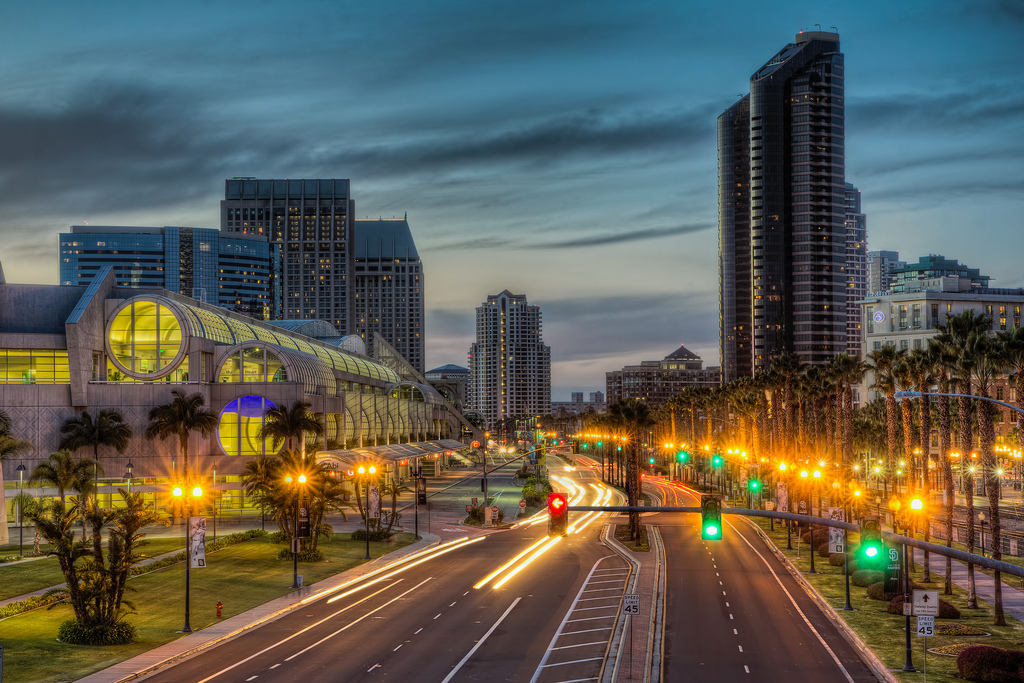Pleasant Productivity Provided by Plants
Here’s how to increase your office productivity by 15 percent. It’s going to take a little bit of green. Not money, though. Plants. Those good ol’ oxygen-producing-carbon-dioxide-consuming friends of the world.
Researchers studied the difference between “lean” and “green” offices and found that those with plants had higher worker satisfaction scores, which led to increased productivity.
“Our research suggests that investing in landscaping the office with plants will pay off through an increase in office workers’ quality of life and productivity,” said Marlon Nieuwenhuis, the study’s lead researcher from Cardiff University’s School of Psychology. “Although previous laboratory research pointed in this direction, our research is, to our knowledge, the first to examine this in real offices, showing benefits over the long term. It directly challenges the widely accepted business philosophy that a lean office with clean desks is more productive.”
Not only were the workers in “green” offices more satisfied, they showed an increase in self-reported levels of concentration and perceived air quality.
“Simply enriching a previously Spartan space with plants served to increase productivity by 15 percent—a figure that aligns closely with findings in previously conducted laboratory studies,” Nieuwenhuis said. “This conclusion is at odds with the present economic and political zeitgeist as well as with modern ‘lean’ management techniques, yet it nevertheless identifies a pathway to a more enjoyable, more comfortable and a more profitable form of office-based working.”
Plants can help lower physiological stress, increase attention span, and improve well-being, said Kenneth Freeman, head of innovation for Ambius, a landscaping company.
“This is the first long-term experiment carried out in a real-life situation which shows that bringing plants into offices can improve well-being and make people feel happier at work,” Freeman said. “Businesses should rethink their lean processes, not only for the health of the employees, but for the financial health of the organisation.”
Looking to buy a plant for your office? Here are 12 suggestions.
(photo credit: ericrichardson via photopin cc)
The Arena Management Conference is Ready to Rock
2014 Arena Management Conference
September 14-16 / Hyatt Regency Long Beach, California
www.iavm.org/AMC
VenueConnect 2014 Photos Now Online
The photos are starting to roll in from VenueConnect 2014, and we’re putting them on our Facebook page for everyone to enjoy. What, you don’t follow IAVM on Facebook? You really should. It’s one of many channels we use to highlight news, members, events, and venues.
You can also follow us on Twitter, Tumblr, LinkedIn, Instagram, and Google+. We may even have a Yo account next week. The possibilities are endless!
So, yes, if you would like to view VenueConnect 2014 photos, please hop over to our Facebook page. We currently have two albums (Build-a-bike and First Time Attendees & New Member Orientation) online, and we’ll be adding more albums throughout the week.
(Image: Orange Photography)
Las Vegas Edges Closer to Securing a Soccer Stadium
Plans for a Major League Soccer (MLS) presence in Las Vegas took another step toward reality on August 26 when the city, The Cordish Companies, and Findlay Sports & Entertainment announced a term sheet outlining key points. The plans include construction of a 24,000-seat stadium in Symphony Park at a cost of US$410 million. An independent analysis shows that the stadium will generate an estimated $9 million in annual tax revenue and create 700 permanent jobs.
“The time to bring professional sports to Las Vegas is now,” said Mayor Carolyn G. Goodman. “The deal negotiated with Findlay Sports & Entertainment and The Cordish Companies will be a win-win for the city of Las Vegas and its residents. I love that both our partners are family-owned companies with great reputations.”
The city council will vote on the non-binding term sheet on September 3. Even if it’s approved, no construction will start until MLS awards Las Vegas with an expansion franchise. The city council will receive a binding agreement from Findlay-Cordish in December 2014.
“The Cordish Companies is excited to be a part of the downtown’s historic revitalization efforts,” said Blake Cordish, vice president of The Cordish Companies. “Las Vegas deserves and will absolutely support professional sports. Time and again, downtown sports venues are a proven catalyst for broader urban revitalization.”
(Image: Findlay Sports & Entertainment)
Rehearing of UNM vs. SDCCC Case Denied by Court
The Court of Appeals for the Ninth Circuit issued an opinion in the United National Maintenance vs. San Diego Convention Center (SDCCC) in June, agreeing and affirming a district court’s conclusions. This month, the Ninth Circuit denied a rehearing of the case, with Judge Andrew D. Hurwitz stating that, “No jury could reasonably find that SDCCC engaged either in monopolization or an attempt to monopolize by mandating that its own employees clean its building.”
The district court had previously concluded that the SDCCC decision to implement an exclusives policy for cleaning services was immune from antitrust scrutiny under the state action doctrine.
“This is a win for San Diego, but more importantly a landmark win for the facility management industry as it will allow venues to operate and manage their buildings as they see fit,” said IAVM member Carol Wallace, president and CEO of the San Diego Convention Center Corp.
The IAVM Foundation, too, played a role in the appeal by submitting an amicus brief supporting the district court’s reasoning.
“As a Foundation, this is what we are about, having the resources on hand to fund something that makes a significant difference to the industry when an urgent issue arises,” said Jason Rittenberry, the IAVM Foundation chair, in an earlier story about this topic. “We are honored that we were able to step up quickly and support our members.”
(photo credit: Justin in SD via photopin cc)
Do you want to receive a Front Row News weekly digest?
Categories
- Allied (856)
- Architecture (147)
- Arenas (744)
- Career (890)
- Convention Centers (889)
- Education (608)
- Events (1,528)
- Food & Beverage (193)
- Foundation (113)
- Guest Experience (1,482)
- Industry News (2,253)
- Leadership (1,872)
- Marketing (150)
- Membership (1,985)
- Music (212)
- Performing Arts Centers (453)
- Professional Development (398)
- Research (127)
- Safety & Security (425)
- Sports (763)
- Stadiums (607)
- Student (159)
- Technology (515)
- Ticketing (92)
- Touring (82)
- Trends (357)
- Uncategorized (771)
- Universities (216)
- Video (25)
- Young Professional (198)
Twitter Feed
- Twitter feed loading
Recent Posts
- GEODIS Park Selects Allied Universal As Its Preferred Event Services Provider
- Venuworks Appoints Marc Solis as Executive Director of the Fresno Convention and Entertainment Center
- Los Angeles Convention Center Diverts 8,000 Pounds of Wood Waste to Local Foundation Supporting Fire Victims
- Fort Worth Unveils Plans for Phase 2 of Convention Center Transformation
- San Diego Convention Center CEO Announces Retirement After a Decade of Leadership
Categories
- Allied
- Architecture
- Arenas
- Career
- Convention Centers
- Education
- Events
- Food & Beverage
- Foundation
- Guest Experience
- Industry News
- Leadership
- Marketing
- Membership
- Music
- Performing Arts Centers
- Professional Development
- Research
- Safety & Security
- Sports
- Stadiums
- Student
- Technology
- Ticketing
- Touring
- Trends
- Uncategorized
- Universities
- Video
- Young Professional
Archives
- February 2026
- January 2026
- December 2025
- November 2025
- October 2025
- September 2025
- August 2025
- July 2025
- June 2025
- May 2025
- April 2025
- March 2025
- February 2025
- January 2025
- December 2024
- November 2024
- October 2024
- September 2024
- August 2024
- July 2024
- June 2024
- May 2024
- April 2024
- March 2024
- February 2024
- January 2024
- December 2023
- November 2023
- October 2023
- September 2023
- August 2023
- July 2023
- June 2023
- May 2023
- April 2023
- March 2023
- February 2023
- January 2023
- December 2022
- November 2022
- October 2022
- September 2022
- August 2022
- July 2022
- June 2022
- May 2022
- April 2022
- March 2022
- February 2022
- January 2022
- December 2021
- November 2021
- October 2021
- September 2021
- August 2021
- July 2021
- June 2021
- May 2021
- April 2021
- March 2021
- February 2021
- January 2021
- December 2020
- November 2020
- October 2020
- September 2020
- August 2020
- July 2020
- June 2020
- May 2020
- April 2020
- March 2020
- February 2020
- January 2020
- December 2019
- November 2019
- October 2019
- September 2019
- August 2019
- July 2019
- June 2019
- May 2019
- April 2019
- March 2019
- February 2019
- January 2019
- December 2018
- November 2018
- October 2018
- September 2018
- August 2018
- July 2018
- June 2018
- May 2018
- April 2018
- March 2018
- February 2018
- January 2018
- December 2017
- November 2017
- October 2017
- September 2017
- August 2017
- July 2017
- June 2017
- May 2017
- April 2017
- March 2017
- February 2017
- January 2017
- December 2016
- November 2016
- October 2016
- September 2016
- August 2016
- July 2016
- June 2016
- May 2016
- April 2016
- March 2016
- February 2016
- January 2016
- December 2015
- November 2015
- October 2015
- September 2015
- August 2015
- July 2015
- June 2015
- May 2015
- April 2015
- March 2015
- February 2015
- January 2015
- December 2014
- November 2014
- October 2014
- September 2014
- August 2014
- July 2014
- June 2014
- May 2014
- April 2014
- March 2014
- February 2014
- January 2014
- December 2013
- November 2013
- October 2013
- September 2013
- August 2013
- July 2013
- June 2013
- May 2013
- April 2013
- March 2013
- February 2013
- January 2013
- May 2012
- March 2012
- December 2011
- November 2011
- October 2011
Recent Comments
- Frank Bradshaw, Ph.D., CVE on John Meyer, CVE, a Tireless Advocate of Certification for Venue Professionals, Has Died
- Neil Sulkes on Hilary Hartung, Friend to Many in Venue Marketing, Has Left Us
- Jason Parker, CVE on The Devastation of Hurricane Helene and How We Can Support One Another
- Larry Perkins on Touhey Testifies Against Speculative Ticketing Before Congressional Subcommittee
- Peter Secord on Major Players for Planned Elkhart Amphitheater Were in the Mix at VenueConnect




